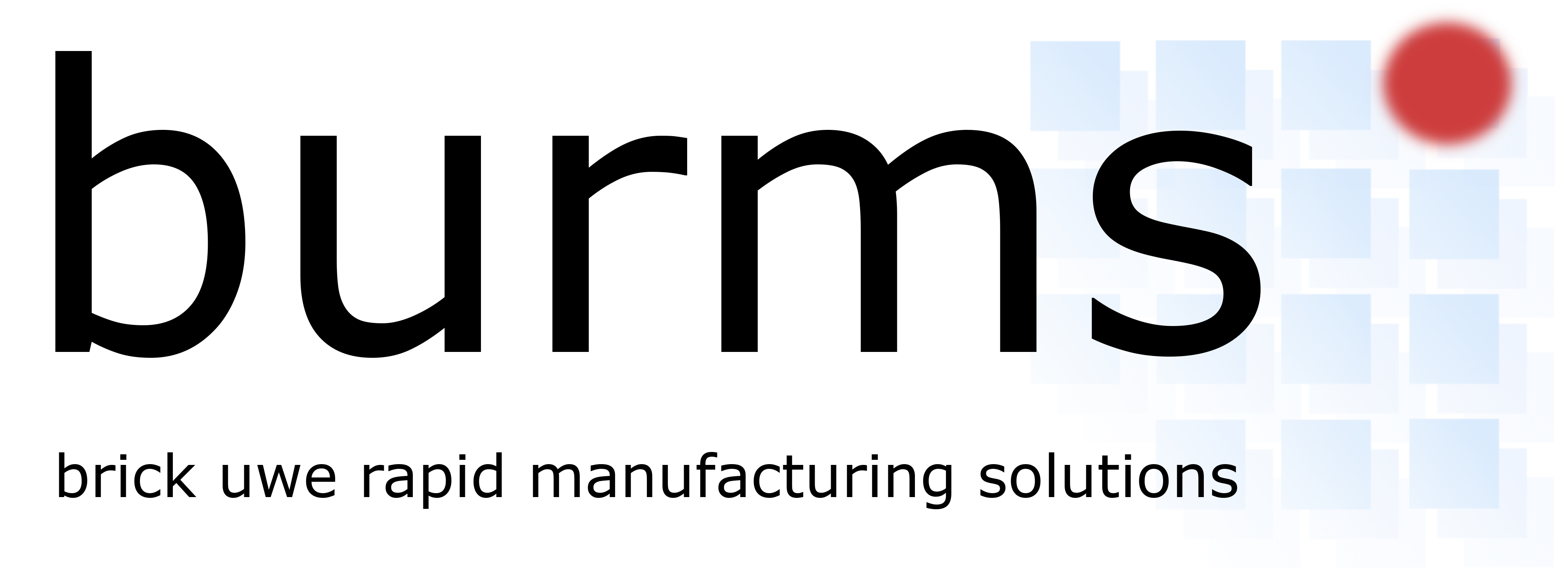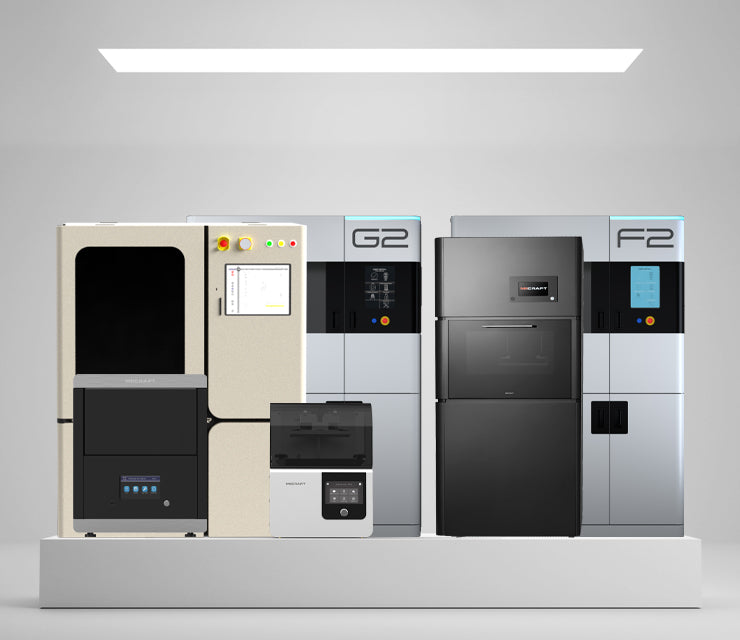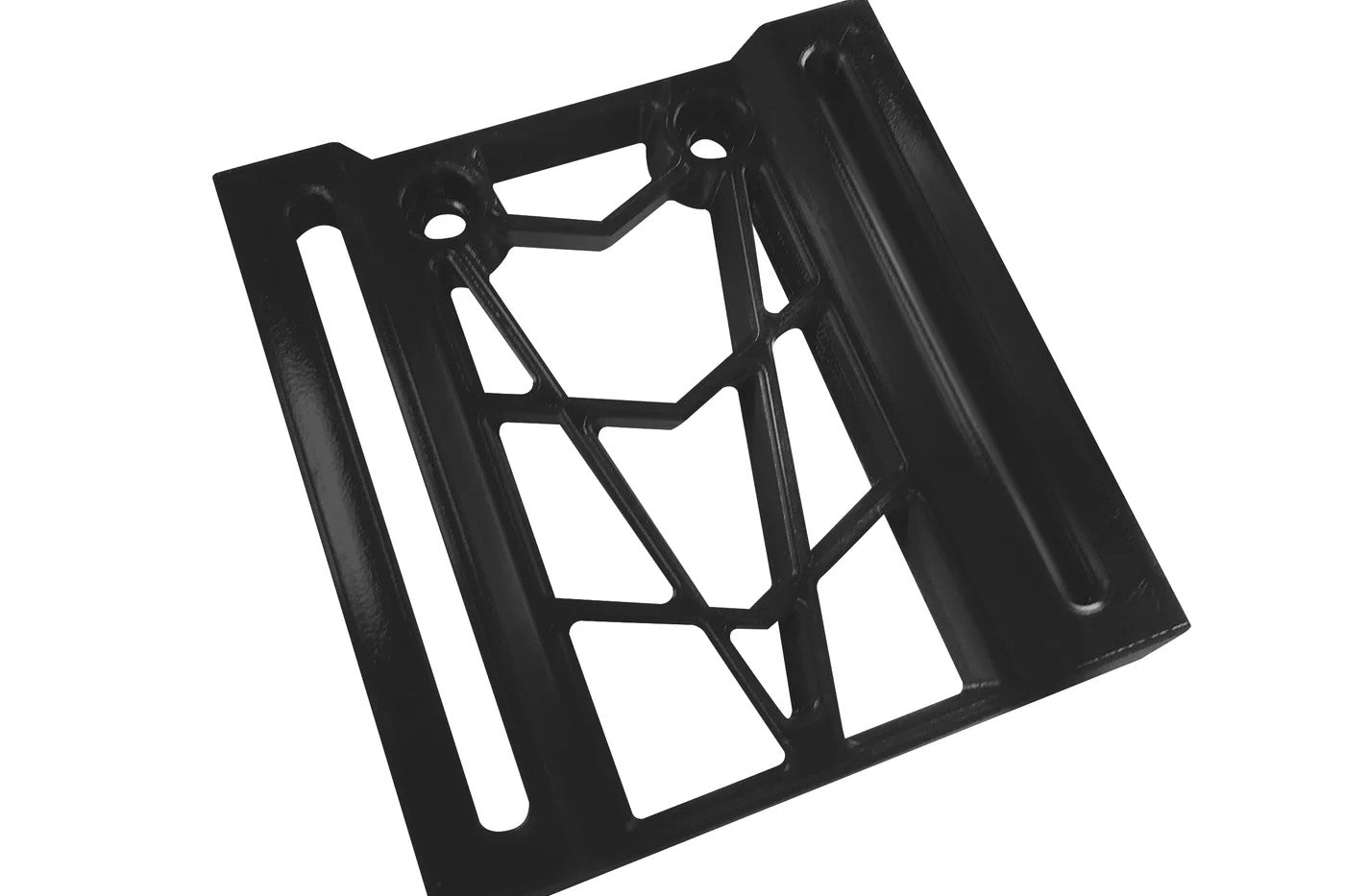Article: 3D printer for X-ray technology specialists
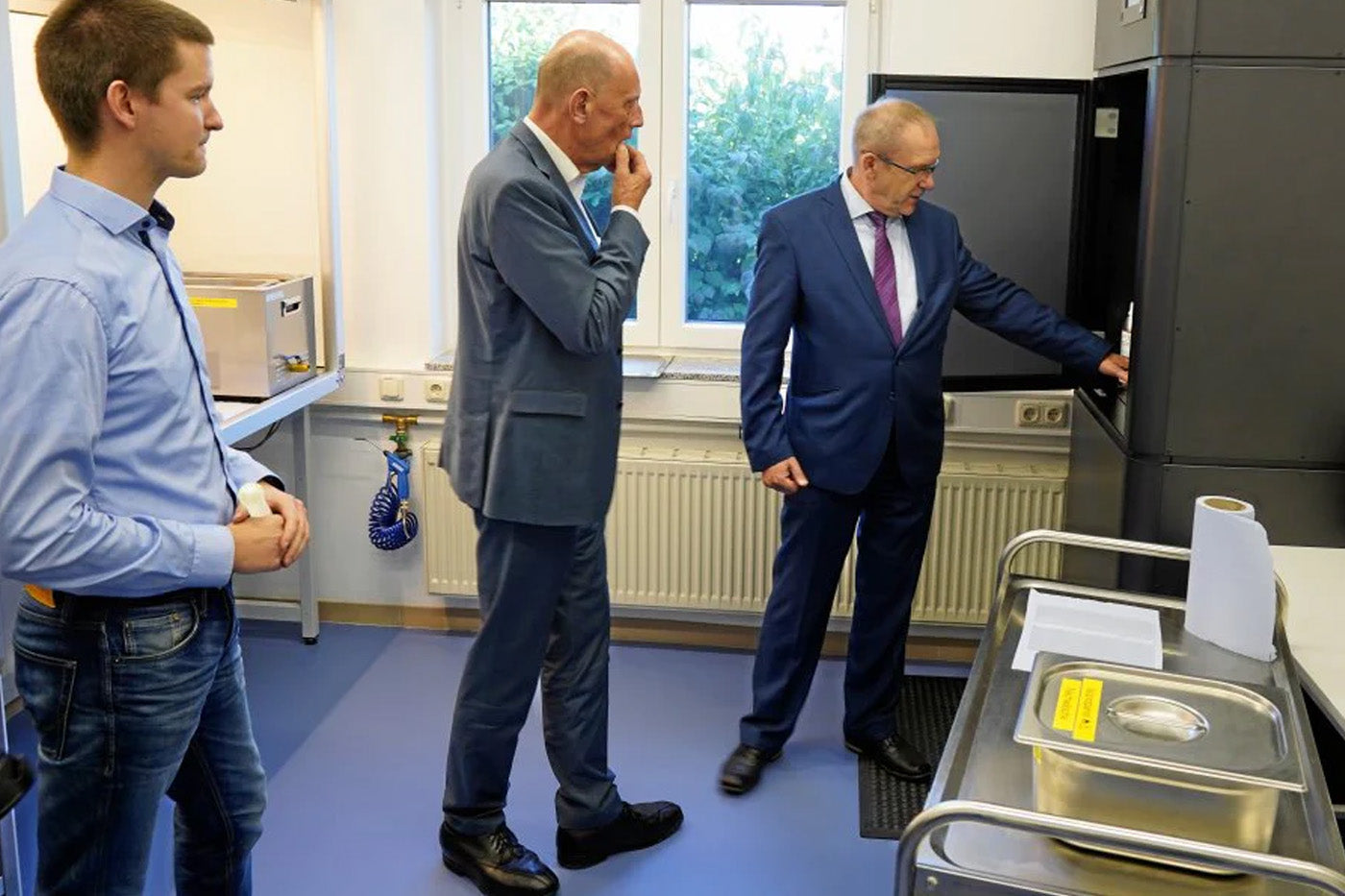
3D printer for X-ray technology specialists
New facility of Wolf Medizintechnik GmbH in St. Gangloff is the result of an East Thuringian knowledge transfer
St. Gangloff/Jena
Wolf Medizintechnik GmbH in St. Gangloff officially commissioned a special 3D printer for medical applications on Thursday afternoon. The device, manufactured by BURMS - 3D Druck Jena GmbH & Co. KG, enables a novel manufacturing process for components of an X-ray therapy device. At the official handover in the presence of Thuringia's Minister of Economic Affairs Wolfgang Tiefensee (SPD), Burms CEO Uwe Brick stated that, to his knowledge, this is the world's first 3D printing application in which the printed component – a plastic applicator capable of transmitting high-energy radiation – is suitable for contact with a surgical wound, for example, after cancer surgery. Wolf Medizintechnik GmbH is a specialized supplier of devices and systems for radiological diagnostics and therapy and was acquired by Eckert & Ziegler Bebig GmbH in 2017.
More cost-effective production
Christoph Kaufmann, Deputy Operations Manager of Wolf Medizintechnik, welcomed the guests and, among other things, demonstrated the functionality of the 3D printer. The tall, dark gray device looks like a large refrigerator, but inside it houses high-tech equipment worth tens of thousands of euros. The tip, the tube head, of a special radiation therapy device with a spring arm is being printed. This part had to be manufactured previously using a much more complex process, in which individual parts made of different materials were glued together. As part of the joint project with BURMS 3D-Druck GmbH has now specially modified a 3D printer for the production of these objects. 3D printing enables the production of the component in a single process. This makes the solution more cost-effective and promises a longer service life. In developing the printing process, a variety of challenges had to be overcome – for example, with regard to the material and the process. Employees of Wolf Medizintechnik emphasized another special feature: an RFID chip is printed. This enables clear identification and proof of frequency and duration of use, as well as automatic notification when the component needs to be replaced.
Workshop discussion as a starting point for cooperation
According to Kerstin Michalke from the Ilmenau branch of the Mittelstand Digital Center, based at the Ernst Abbe University of Applied Sciences in Jena, the starting point for the development was a workshop held in cooperation with the East Thuringia Chamber of Industry and Commerce in Gera. Evelin Barth from the Chamber of Industry and Commerce reported that the cooperation was initiated in 2019. All participants reported fruitful collaboration between science and industry and successful technology transfer. Economics Minister Tiefensee also praised the successful project as an interdisciplinary effort: "An example of how networks in Thuringia bear fruit." He emphasized the importance of ultimately creating market-ready products from successful research and development, thus generating added value.
Source: OTZ, Martin Schöne
